
Gasoline vapors are heavier than air demonstration YouTube
LPG in its gaseous phase is still heavier than air, unlike natural gas, and thus will flow along floors and tend to settle in low spots, such as basements. There are two main dangers to this. The first is a possible explosion if the mixture of LPG and air is within the explosive limits and there is an ignition source. The second is suffocation.

Propane is heavier than air, here the gas state of propane is poured from one cup into another
Both butane and propane are industrial gases that are heavier than air. Propane gas weighs 1.898 kg/m³, Butane gas weighs 2.5436 kg/m³, whilst air weighs 1.225 kg/m³. Although there are real differences between butane, propane, and LPG, all three are technically considered Liquefied Petroleum Gases. Effect of propane gas and butane gas on.
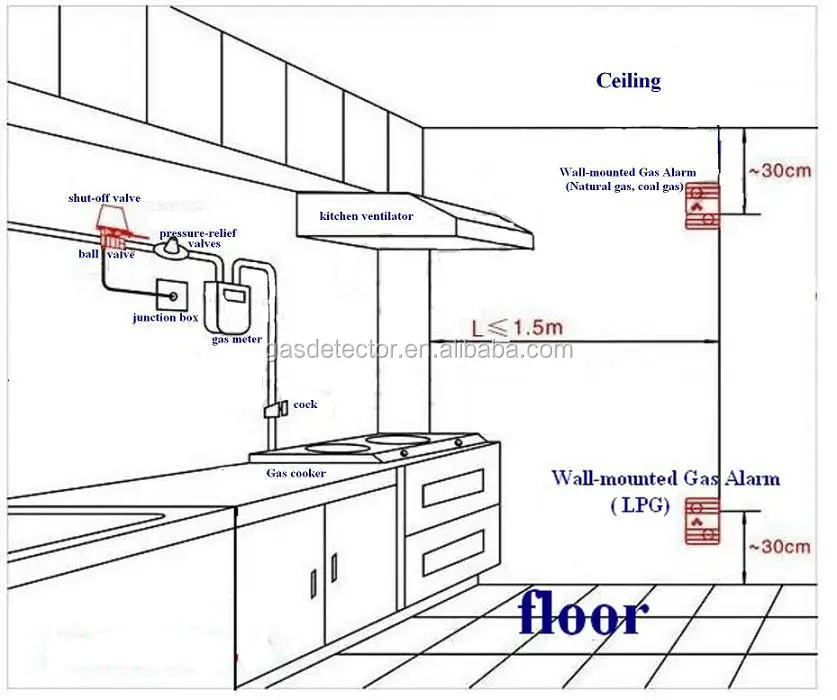
Lpg Gas Heavier Than Air Mal Blog
Propane, known as a "heavy gas," is composed of three carbon atoms and eight hydrogen atoms (C3H8) that make it "heavier than air," while natural gas is conversely lighter than air. Propane is one of several components separated from other fossil fuels when the gas/oil hydrocarbon mixture is piped out of a well and into a gas trap.

croppedHTAB4CWHT.ONBLACK.png Heavier Than Air Brewing Co
This means propane in its vapor state is heavier than air and will settle to the lowest level possible. Now, liquids are normally weighed in terms of gallon. Contrary to propane gas, one gallon of liquid propane weighs 4.24 pounds while one gallon of water weighs 8.33 pounds, so propane is less dense (lighter) than water.
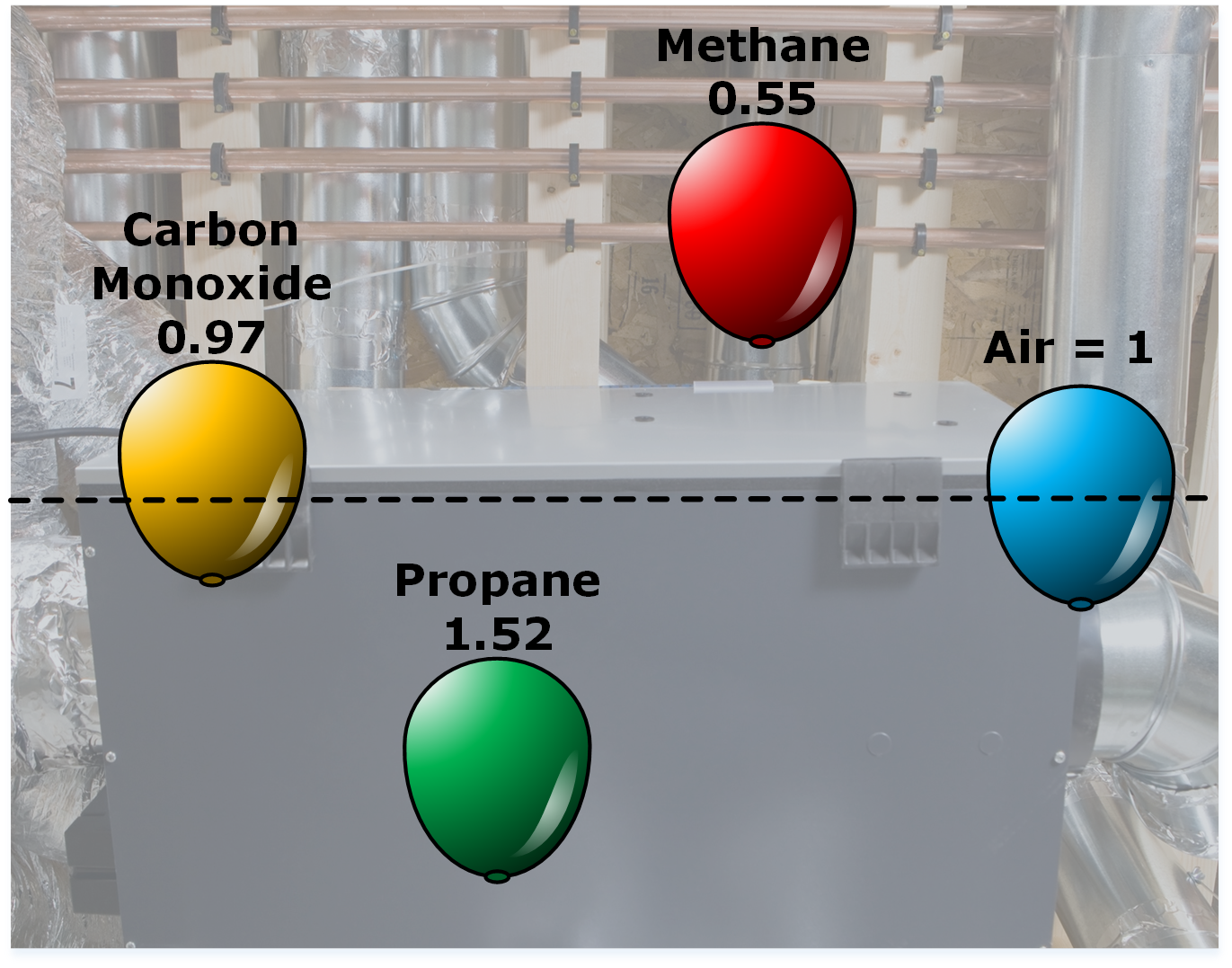
Vapour Density FD202 Fundamentals of Fire and Combustion on Guides
The key thing is that propane is more energy-efficient and considered to be a green fuel, whereas natural gas is not. Natural gas is delivered to houses via gas pipelines. Propane is delivered in propane tanks. Additionally, propane is heavier than air, while natural gas is lighter.
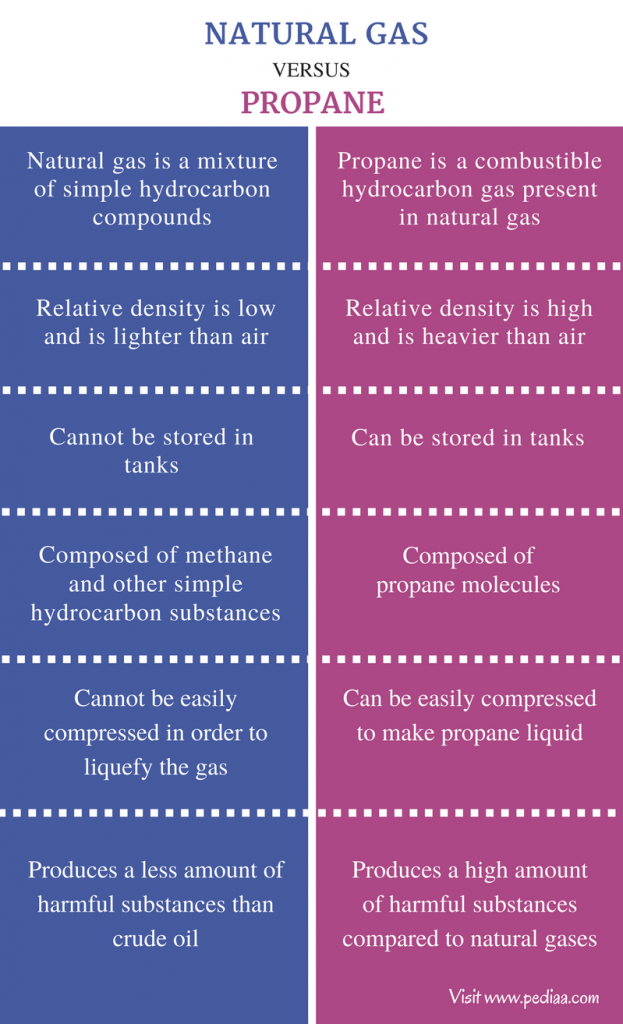
Difference Between Natural Gas and Propane Definition, Composition, Properties, Uses
Propane is a gas that is heavier than air, so it can settle in low-lying areas and create an oxygen-deficient environment. This can lead to asphyxiation, which is why it's so important to be aware of the dangers of propane suffocation. If you suspect that you or someone else may be suffering from propane suffocation.

PropaneButane Mixture is Heavier than Air 1 YouTube
At any but the same temperature and pressure, both propane and butane are always denser than air. As gas density (with ideal gas approximation) is. ρ = pM RT, ρ = p M R T, where. p p is pressure, M M is molar mass (mean one for air), R R is the universal gas constant 8.314 JK−1mol−1 8.314 J K − m o l −, T T is absolute temperature.

Difference Between Natural Gas and Propane Definition, Composition, Properties, Uses
Propane is a gas that is heavier than air, so many people assume that the fumes from a propane leak will settle close to the ground. This assumption is actually true. Propane is 50% heavier than the surrounding air, it will settle to the lowest point. Being denser, propane gas doesn't dissipate easily but rather accumulates to the lowest point.
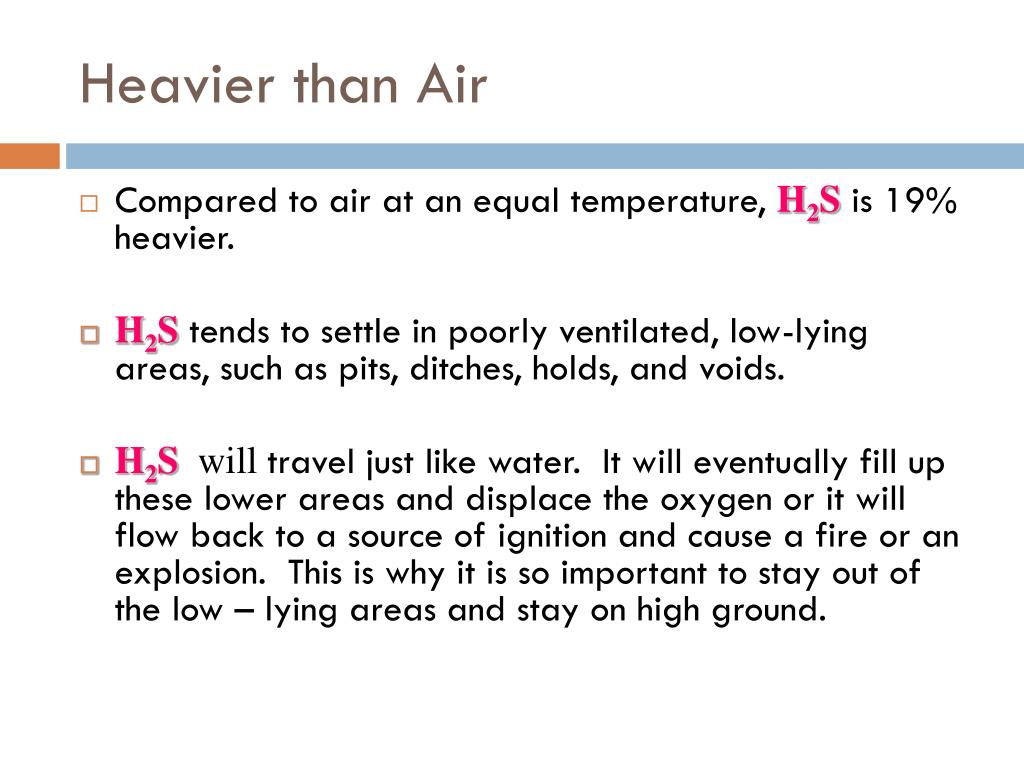
PPT Hydrogen Sulfide Gas PowerPoint Presentation, free download ID6763227
The Creeping Hazards of Heavier-than-Air Vapors. Terry Reynolds, a 55-year-old Kansas homeowner, just wanted to relight the pilot light of his propane water heater on August 6, 2009. Unfortunately, the propane tank was leaking heavier-than-air propane gas into the water heater's enclosure, and instead of lighting the pilot, Reynolds blew his.

Why You Should Use PROPANE in your Van Build — STOKE LOAF VAN
Natural gas, being lighter than air, disperses more easily in case of a leak. Propane, being heavier than air, tends to settle in low-lying areas, potentially increasing the risk of fire or explosion if not handled with caution. It is important to follow safety guidelines and have proper ventilation when using propane.

Heavier Than Air David J Turner
The Specific gravity of LPG is greater than 0.495 at which means that it has a greater mass-to-volume ratio than air and this means that it is heavier than air. Is gas lighter than air? Well, as this article has explained gas is, in fact, heavier than air.

The Creeping Hazards of HeavierthanAir Vapors EHS Daily Advisor
Propane Vapor is Heavier Than Air If it leaks, it sinks and collects at ground level, creating an invisible pool of potential destruction. Unlike natural gas, which is lighter than air and rises.
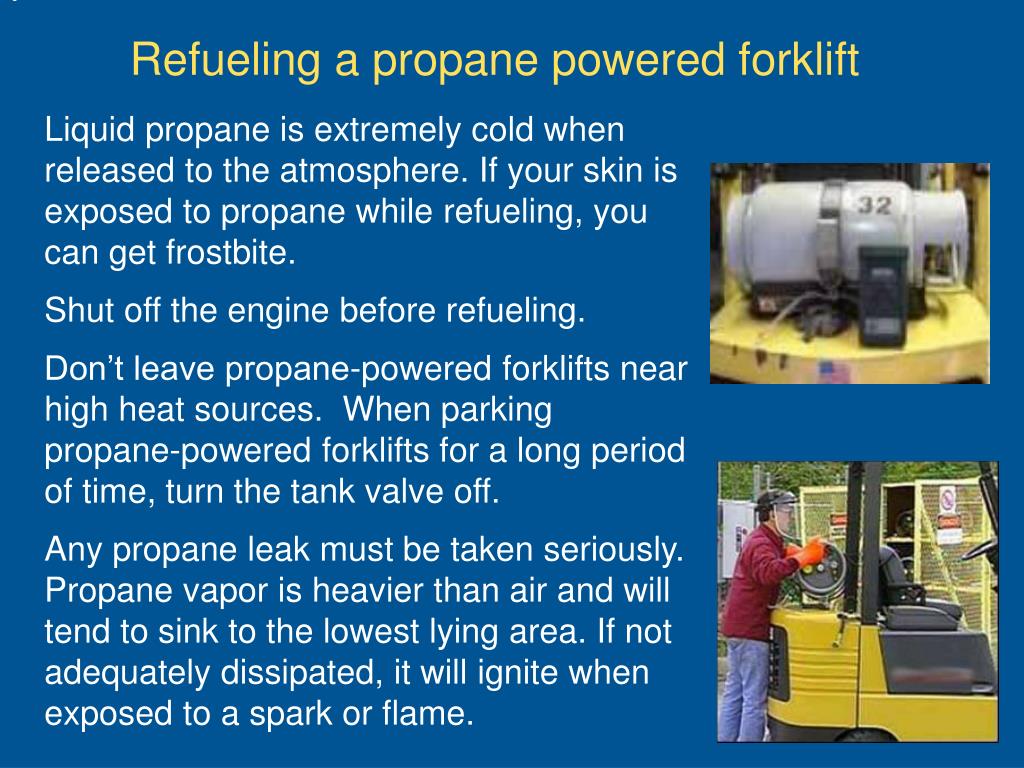
PPT Safe Operation of Forklifts PowerPoint Presentation, free download ID339196
Propane gas is comparable to natural gas in many aspects and can be utilized as a source of energy. The primary distinction between propane and natural gas is that propane is HEAVIER than air. When propane gas spills, it rarely vents safely into the atmosphere. Rather, it settles in low-lying locations, both within and outside a structure.

(PDF) Transportable LPG Tank Safety Overview and Operating · Do not enclose Tank, dike Tank
Because propane is heavier than air, the gas will settle to the lowest level possible. Outdoors, this generally isn't a concern, as the gas is usually quickly diluted in the atmosphere and dissipated through wind and other environmental factors. Colder weather tends to hold the vapor together longer, while the gas quickly evaporates in warmer.
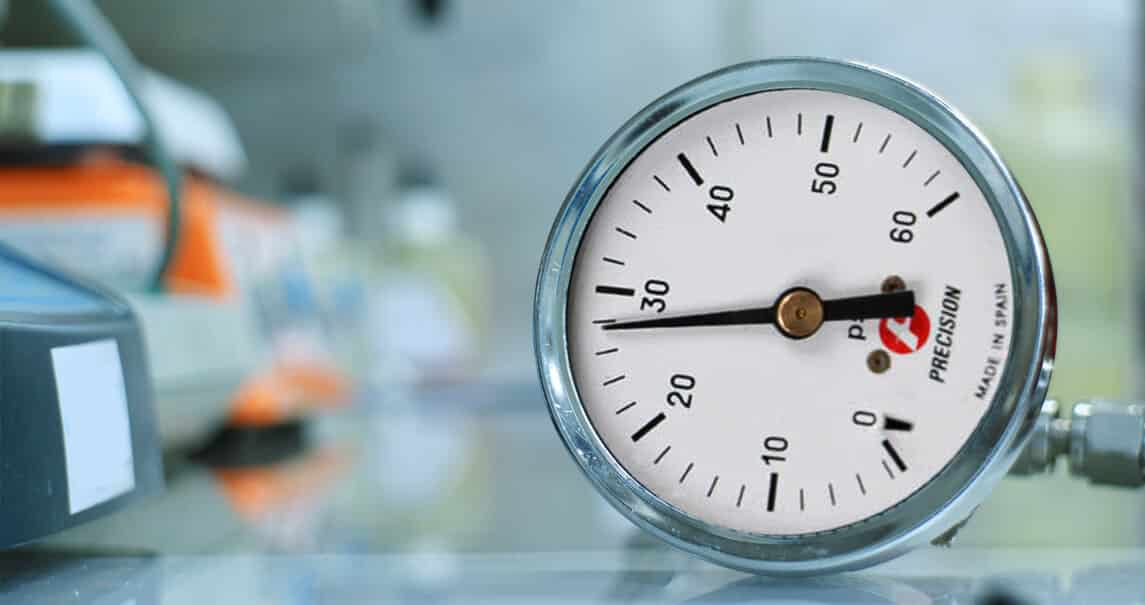
Is Propane Heavier Than Air? Paraco Gas
liquid propane weighs 4.24 pounds while one gallon of water weighs 8.33 pounds, so propane is less dense (lighter) than water. As mentioned above, since propane gas is heavier than air, it will settle to the lowest possible level while also dissipating into the atmosphere. As for underground propane cylinders, propane leaks should be
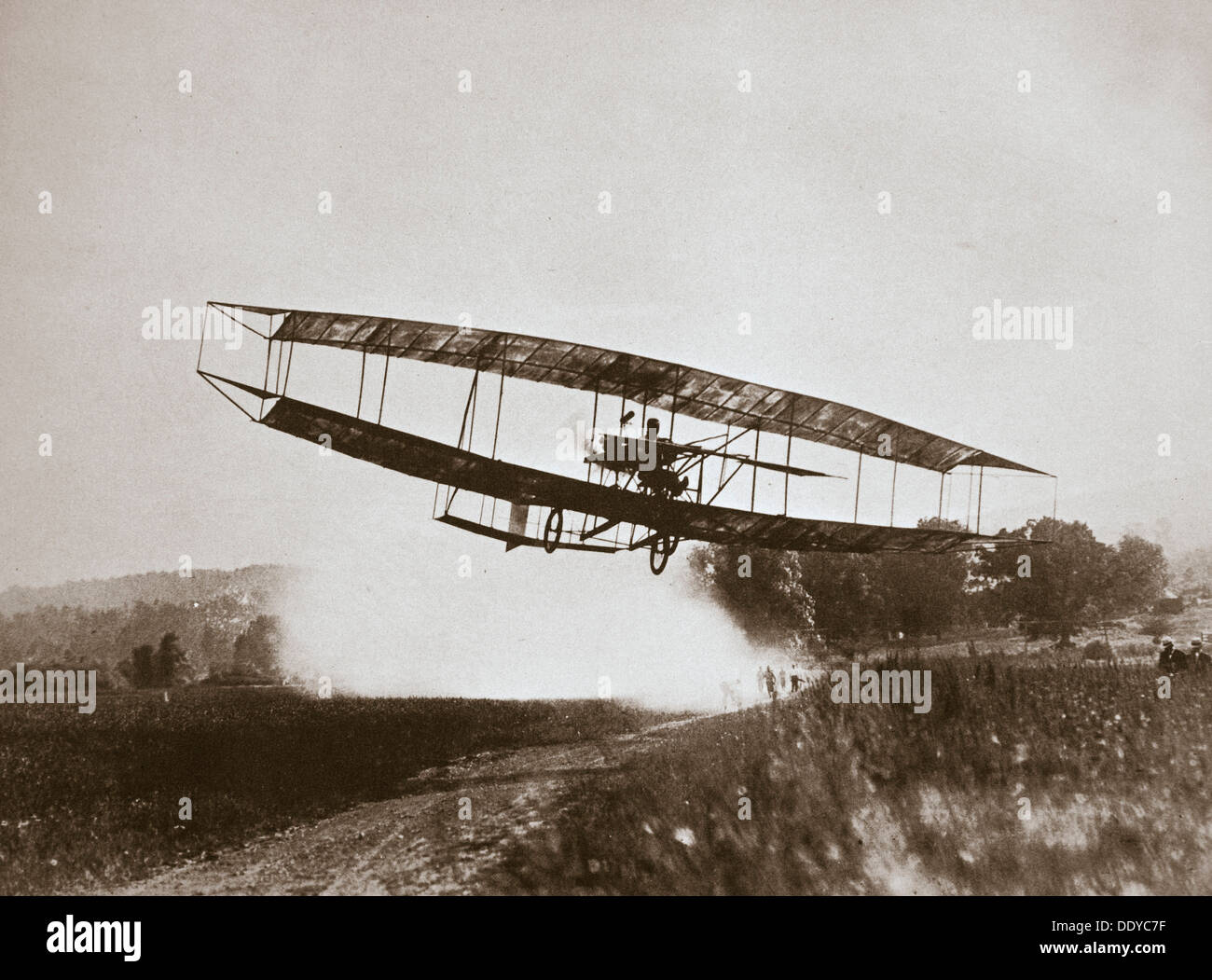
American aviator Glenn Curtiss making the first heavierthanair flight in his 'June Bug', 1908
LPG is a gas that is 1.5 to 2.0 times heavier than air at atmospheric pressure and temperature. At 15 °C, liquid LPG has a specific gravity of 0.51 to 0.58. Since LPG's vapors are heavier than air, they will settle at ground level or in low-lying areas. 3. Chemical Formula.
- Wings Of Fire Graphic Novels 6
- Mode Car Rental New Zealand
- Vách đá Núi Bà Nà
- Ibis Styles Sydney Central Wentworth Avenue Sydney Nsw
- Al Ittihad Vs Al Ahly
- Main Road Medical Centre Cardiff
- Oscar Oscar Bar And Eats
- Where Does Butter Chicken Originate From
- Star Trek Enterprise Season 4
- 12 Grace Court Pelican Waters
